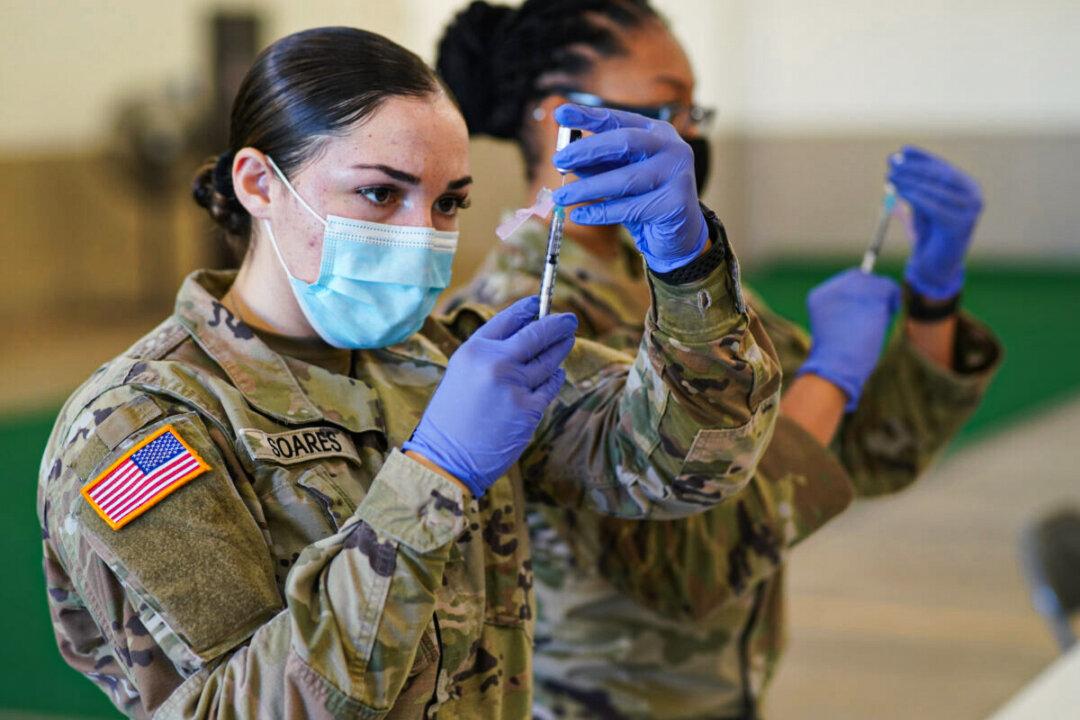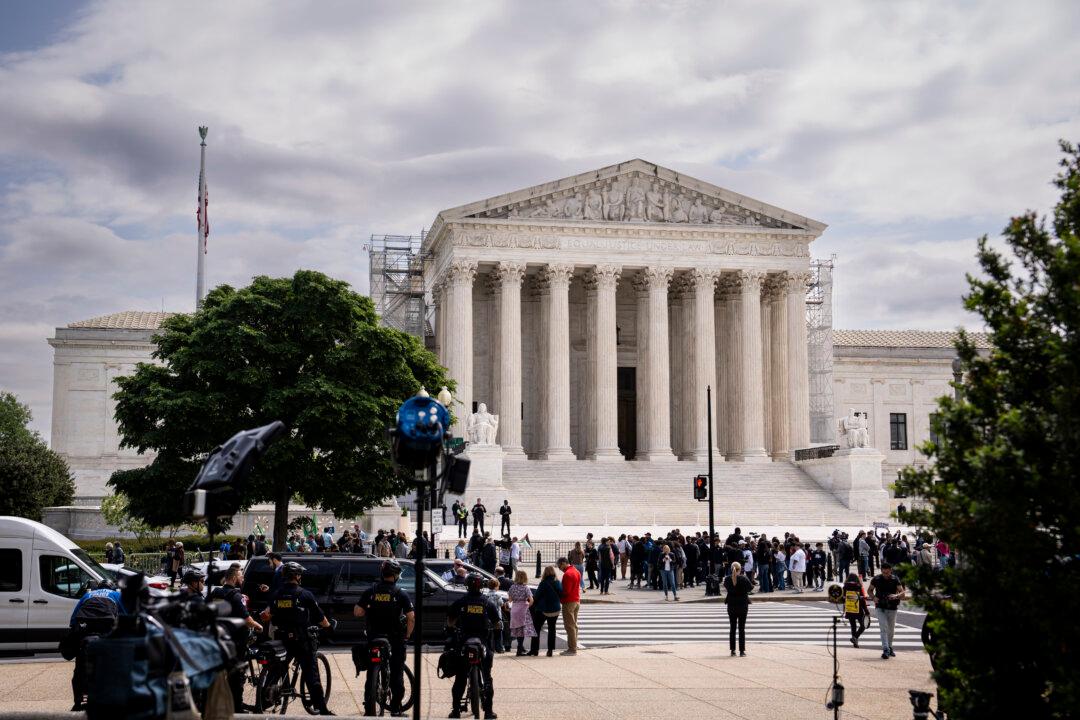Army National Guard soldiers are reportedly leaving at a faster rate than they’re enlisting for service. According to officials, more than 7,500 have retired or left the Guard this past fiscal year. Maj. Gen. Rich Baldwin, chief of staff of the Army National Guard, told The Associated Press that current challenges to staffing are the worst he’s seen in the past two decades.
Regarding the military’s recruiting woes, Cpl. Rolando Martin, a national guardsman who has served in the Army for more than 17 years, said that while many have focused on active-duty personnel, the National Guard is also suffering. He currently serves with the Florida National Guard and emphasized that his views don’t reflect the views of the Department of Defense (DOD) or the Department of the Army.




